This Is When You Should Start Exercising Again After Recovering From Covid-19
Listening to your body has never been so important.
Over the summer, Australia saw the peak of Covid-19 cases since the pandemic began back in March 2020. With New South Wales recording close to 100,000 cases per day at one stage, the virus was all of a sudden a reality, with basically every second person contracting it (especially due to Christmas and New Year celebrations).
This increase in cases saw an increase in confusion. How should I be managing my symptoms? What should I be eating? What should I be doing? We had never experienced the pandemic in such an expansive way before. But one of the most commonly asked questions was arguably the most confusing of all: When should I start exercising again after recovering from Covid-19?
To help us answer this question, we’ve called on the expertise of General Practitioner, Dr Amandeep Hansra and founder of Keep It Cleaner, Laura Henshaw.
Evaluate Your Symptoms
Before even considering exercise, it’s important to understand your symptoms and how they are affecting your body in ways beyond what meets the eye. “While you have acute symptoms, it is better to focus on resting, good hydration, nutrition and managing your symptoms to aid a full recovery,” says Dr Hansra. “Once your symptoms have cleared, it is okay to start gradual exercise but if you have had severe Covid-19 (i.e. you’ve been admitted to hospital), it is important to speak to your treating doctor before returning.”
Dr Hansra also points out that 10 to 30 per cent of patients can experience Covid-19 related symptoms for weeks to months after their acute infection. “These longer-term symptoms can include: fatigue, shortness of breath, cough, joint pain, chest pain, memory problems, insomnia, muscle aches and pains.”
Getting Back Into It
“It was three weeks after I tested positive until I returned to exercise,” says Henshaw. “Exercise has such a powerful impact on my mental health, so during my time off I made sure that I added in other activities that made my mind smile.” Whether that be meditation, sitting by the ocean early in the morning, journaling or even colouring in, finding an outlet to keep your mental health in check while you take a break from exercising is extremely important, especially when you’re also recovering from being stuck in your home for seven days. “Rest is your best ally in recovery. Your body needs rest in order for your immune system to effectively combat the virus.”
In terms of then getting back into a routine once you have recovered, Ash Mason, Keep It Cleaner’s physio and women’s health educator recommends to wait at least 10 days after you first show symptoms before jumping into it. “We then advise that you follow a five step process to ease your way back into exercise,” says Henshaw. “Complete each phase for seven days until you move onto the next.”
Phase 1: Prepare To Return To Exercise
Breathing exercises, stretching, balance, gentle yoga flow, slow walking
Phase 2: Introduce Low-Intensity Activity
Walking, gentle yoga glows, light household and gardening tasks
Phase 3: Moderate Intensity Aerobic And Strength
Pilates, bodyweight (or very light weight) exercises, strength training
Phase 4: Moderate Intensity Aerobic And Strength With Coordination & Functional Skills
Light interval jogging, introduce light HIIT training, increase weights & challenge in strength training
Phase 5: Baseline Exercise
Return to normal exercise routine
Dealing With Guilt
For those of us who love our regular exercise routine, the guilt around taking time off exercising can become quite overwhelming. But in the case of Covid-19, resting is seriously important. “If you’re feeling guilty for resting, or not exercising, it’s important to remind yourself that while exercise is a form of self love, so is rest,” says Henshaw. ‘Meditation has helped me reduce these guilty thoughts and allowed me to achieve the mental health benefits I’ve been missing from my workouts.”
In short: be kind to yourself and listen to what your body needs. Everyone’s recovery will look and feel different, so take it day by day and make sure you aren’t pushing yourself too much. “Your body is going through a lot right now, pushing yourself will prolong your recovery and set you back even further.”
Photography: Ryan Conduit
This Is When You Should Start Exercising Again After Recovering From Covid-19
Listening to your body has never been so important.
Over the summer, Australia saw the peak of Covid-19 cases since the pandemic began back in March 2020. With New South Wales recording close to 100,000 cases per day at one stage, the virus was all of a sudden a reality, with basically every second person contracting it (especially due to Christmas and New Year celebrations).
This increase in cases saw an increase in confusion. How should I be managing my symptoms? What should I be eating? What should I be doing? We had never experienced the pandemic in such an expansive way before. But one of the most commonly asked questions was arguably the most confusing of all: When should I start exercising again after recovering from Covid-19?
To help us answer this question, we’ve called on the expertise of General Practitioner, Dr Amandeep Hansra and founder of Keep It Cleaner, Laura Henshaw.
Photography: Ryan Conduit
Evaluate Your Symptoms
Before even considering exercise, it’s important to understand your symptoms and how they are affecting your body in ways beyond what meets the eye. “While you have acute symptoms, it is better to focus on resting, good hydration, nutrition and managing your symptoms to aid a full recovery,” says Dr Hansra. “Once your symptoms have cleared, it is okay to start gradual exercise but if you have had severe Covid-19 (i.e. you’ve been admitted to hospital), it is important to speak to your treating doctor before returning.”
Dr Hansra also points out that 10 to 30 per cent of patients can experience Covid-19 related symptoms for weeks to months after their acute infection. “These longer-term symptoms can include: fatigue, shortness of breath, cough, joint pain, chest pain, memory problems, insomnia, muscle aches and pains.”
Getting Back Into It
“It was three weeks after I tested positive until I returned to exercise,” says Henshaw. “Exercise has such a powerful impact on my mental health, so during my time off I made sure that I added in other activities that made my mind smile.” Whether that be meditation, sitting by the ocean early in the morning, journaling or even colouring in, finding an outlet to keep your mental health in check while you take a break from exercising is extremely important, especially when you’re also recovering from being stuck in your home for seven days. “Rest is your best ally in recovery. Your body needs rest in order for your immune system to effectively combat the virus.”
In terms of then getting back into a routine once you have recovered, Ash Mason, Keep It Cleaner’s physio and women’s health educator recommends to wait at least 10 days after you first show symptoms before jumping into it. “We then advise that you follow a five step process to ease your way back into exercise,” says Henshaw. “Complete each phase for seven days until you move onto the next.”
Phase 1: Prepare To Return To Exercise
Breathing exercises, stretching, balance, gentle yoga flow, slow walking
Phase 2: Introduce Low-Intensity Activity
Walking, gentle yoga glows, light household and gardening tasks
Phase 3: Moderate Intensity Aerobic And Strength
Pilates, bodyweight (or very light weight) exercises, strength training
Phase 4: Moderate Intensity Aerobic And Strength With Coordination & Functional Skills
Light interval jogging, introduce light HIIT training, increase weights & challenge in strength training
Phase 5: Baseline Exercise
Return to normal exercise routine
Dealing With Guilt
For those of us who love our regular exercise routine, the guilt around taking time off exercising can become quite overwhelming. But in the case of Covid-19, resting is seriously important. “If you’re feeling guilty for resting, or not exercising, it’s important to remind yourself that while exercise is a form of self love, so is rest,” says Henshaw. ‘Meditation has helped me reduce these guilty thoughts and allowed me to achieve the mental health benefits I’ve been missing from my workouts.”
In short: be kind to yourself and listen to what your body needs. Everyone’s recovery will look and feel different, so take it day by day and make sure you aren’t pushing yourself too much. “Your body is going through a lot right now, pushing yourself will prolong your recovery and set you back even further.”




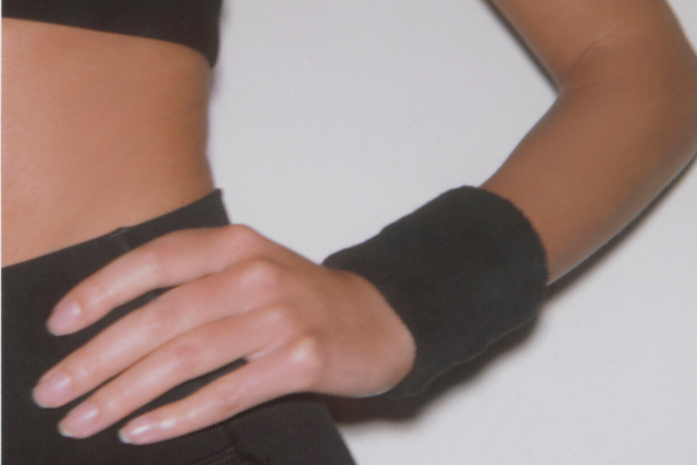
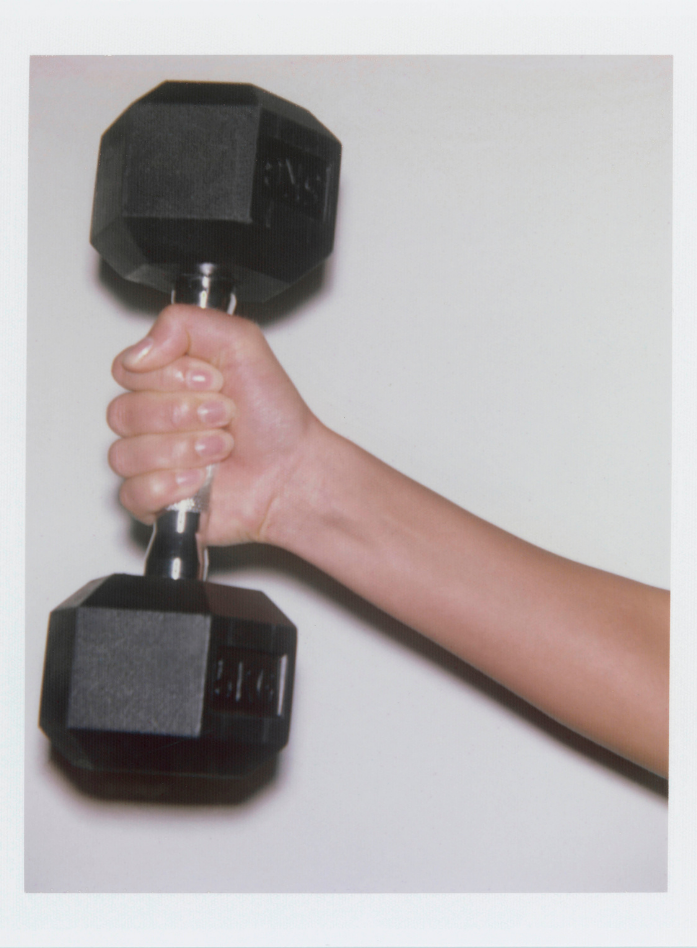
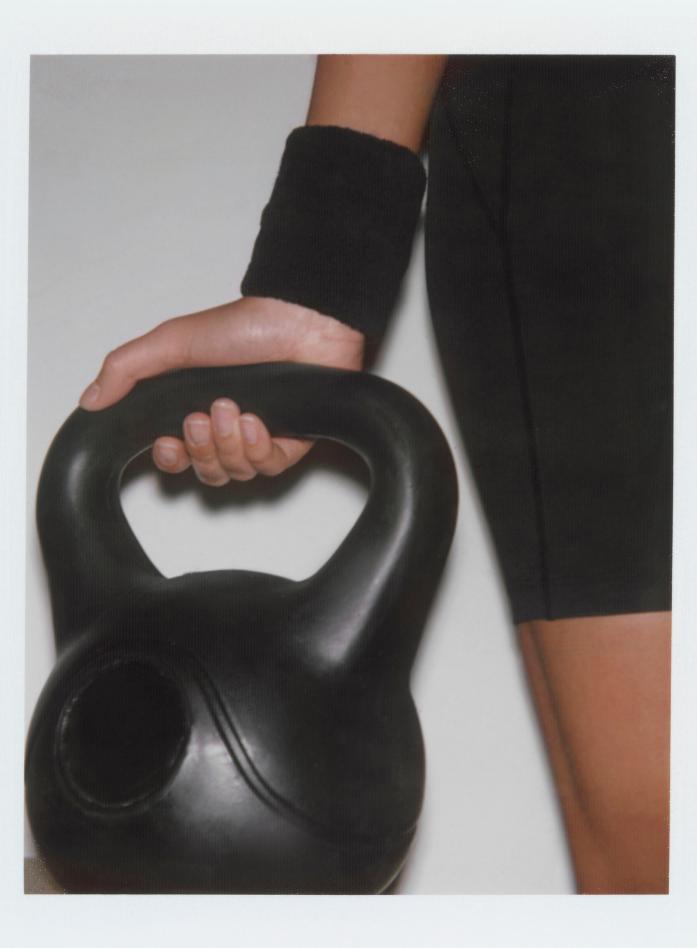
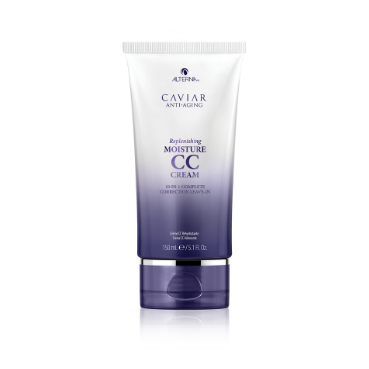
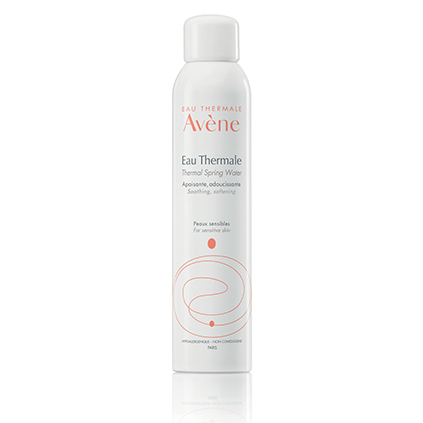
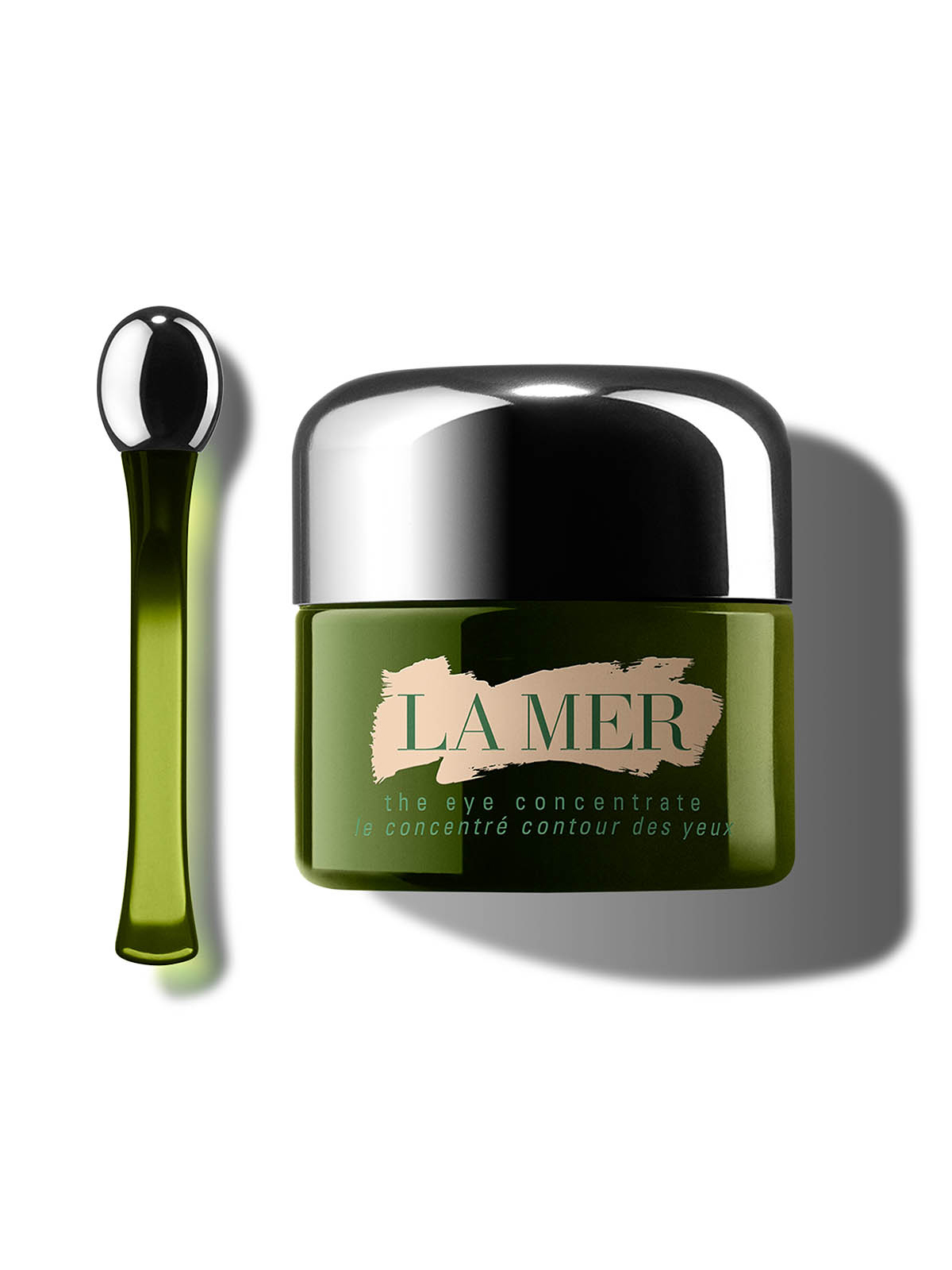




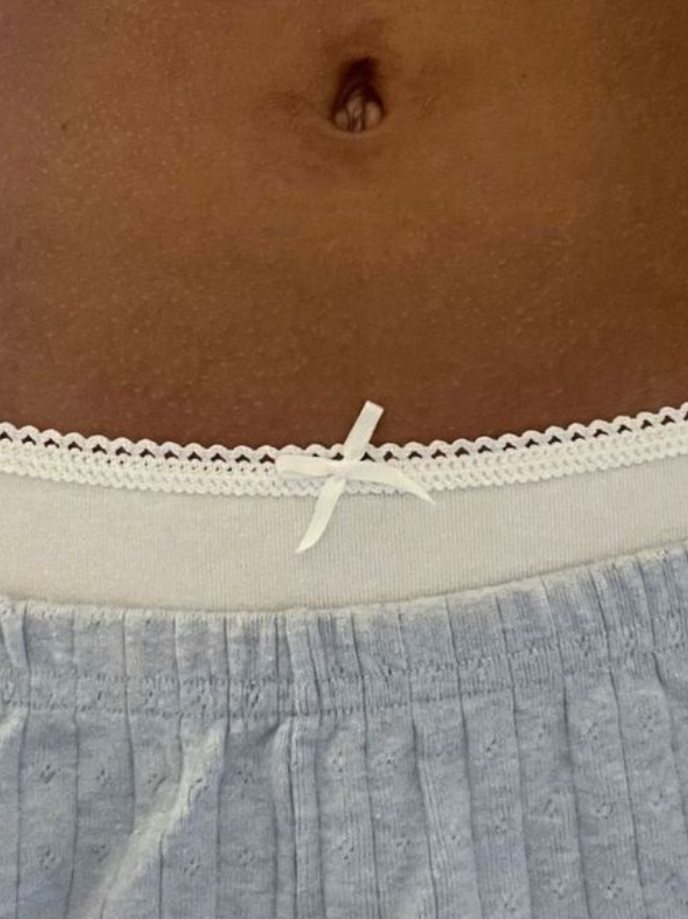
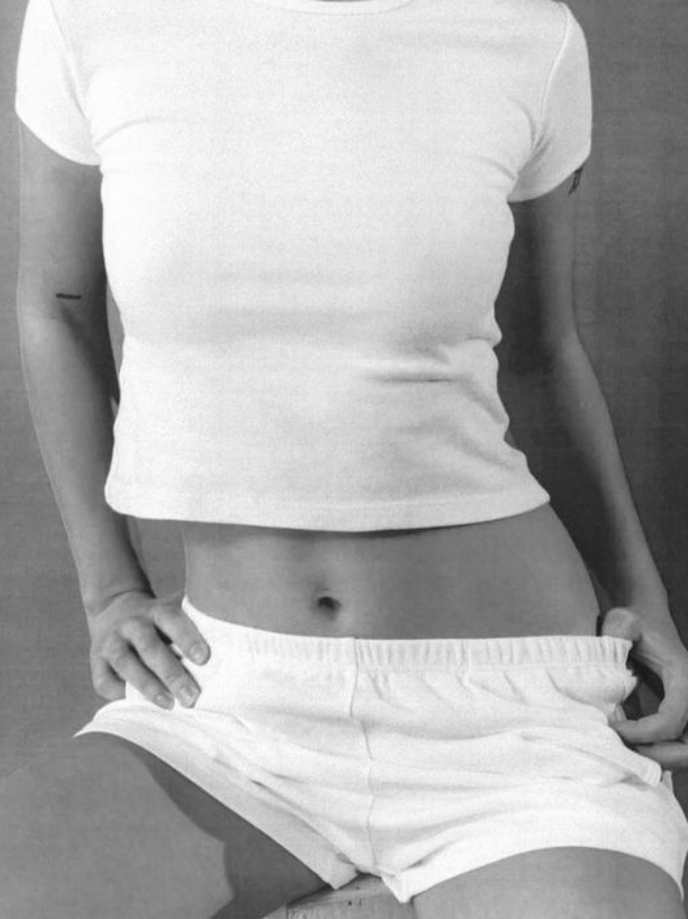
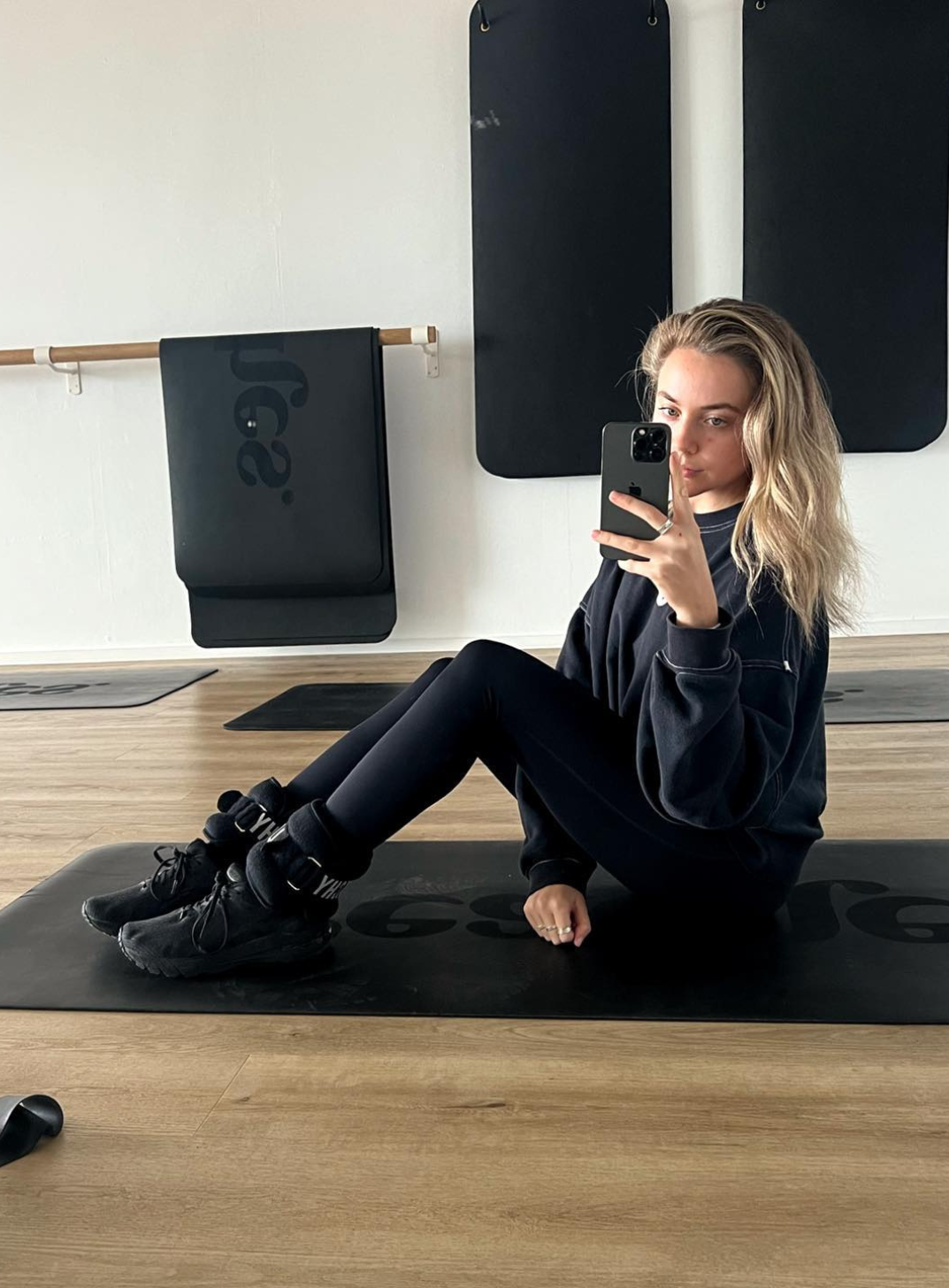
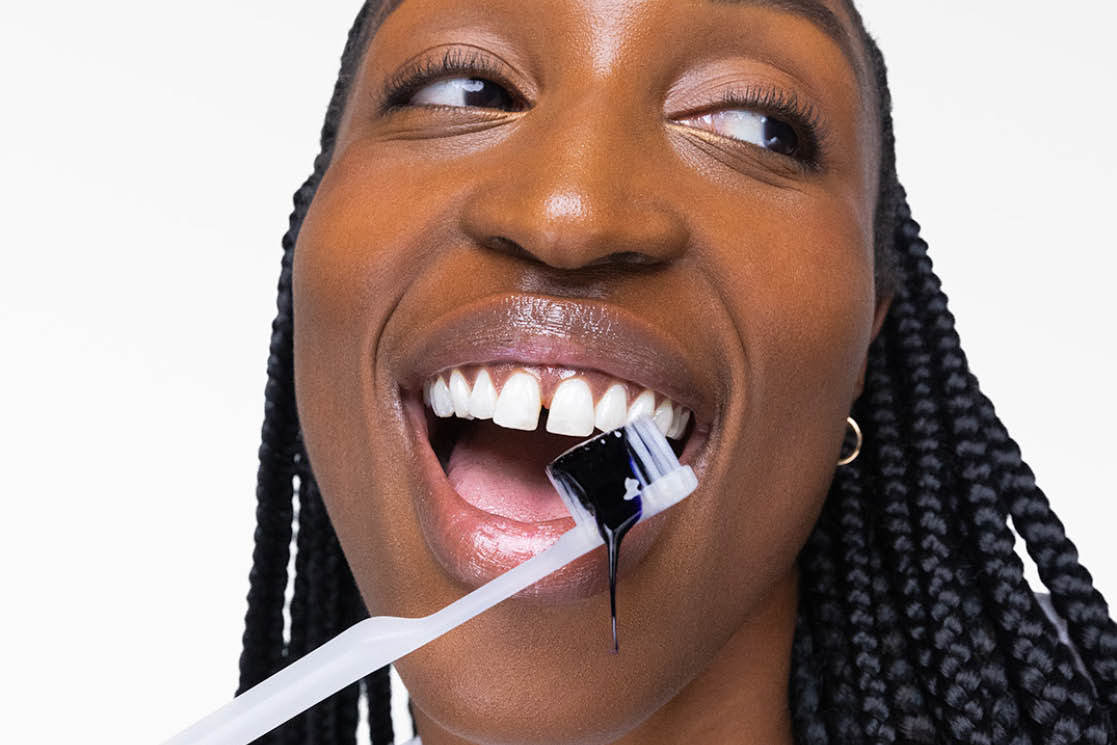


Comments